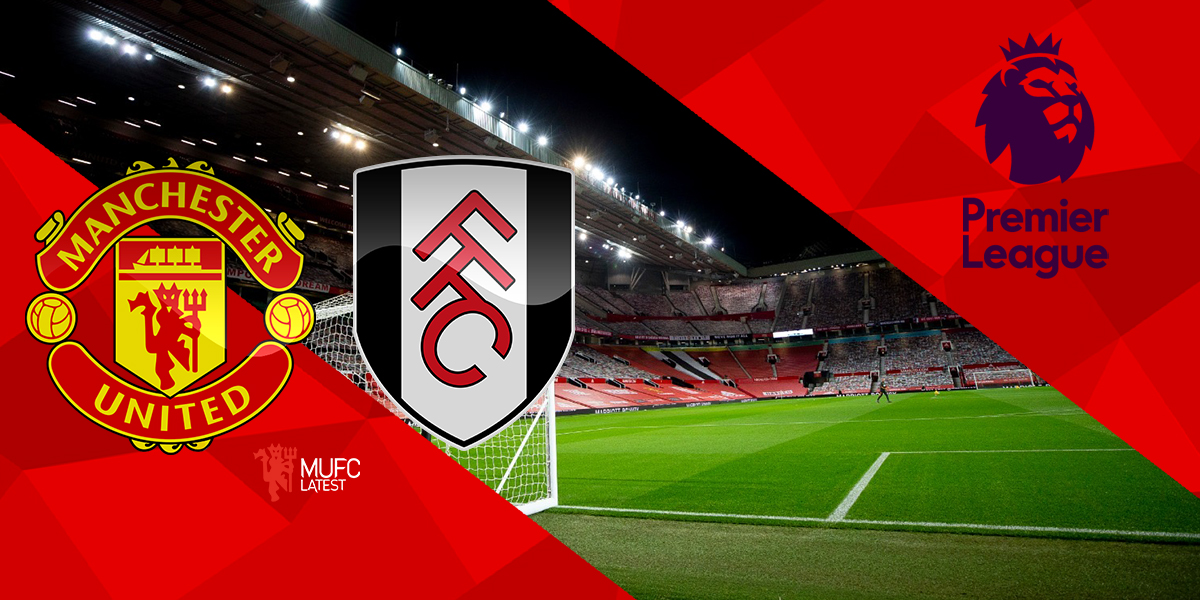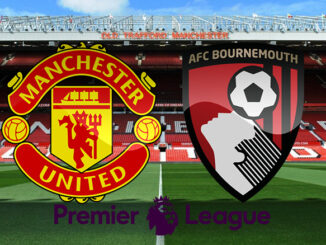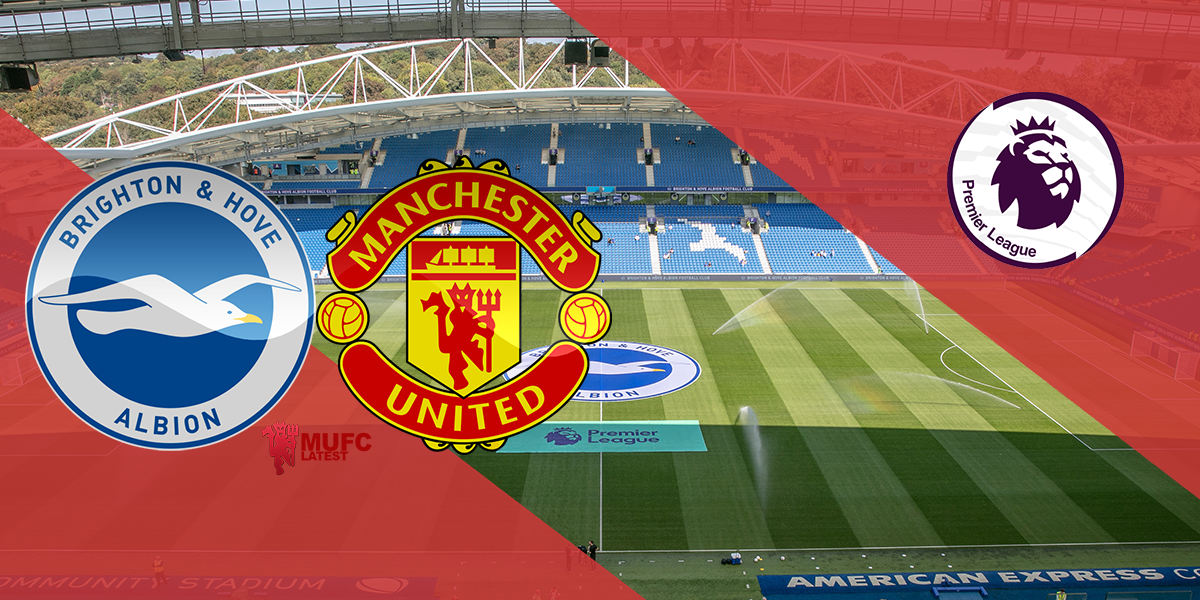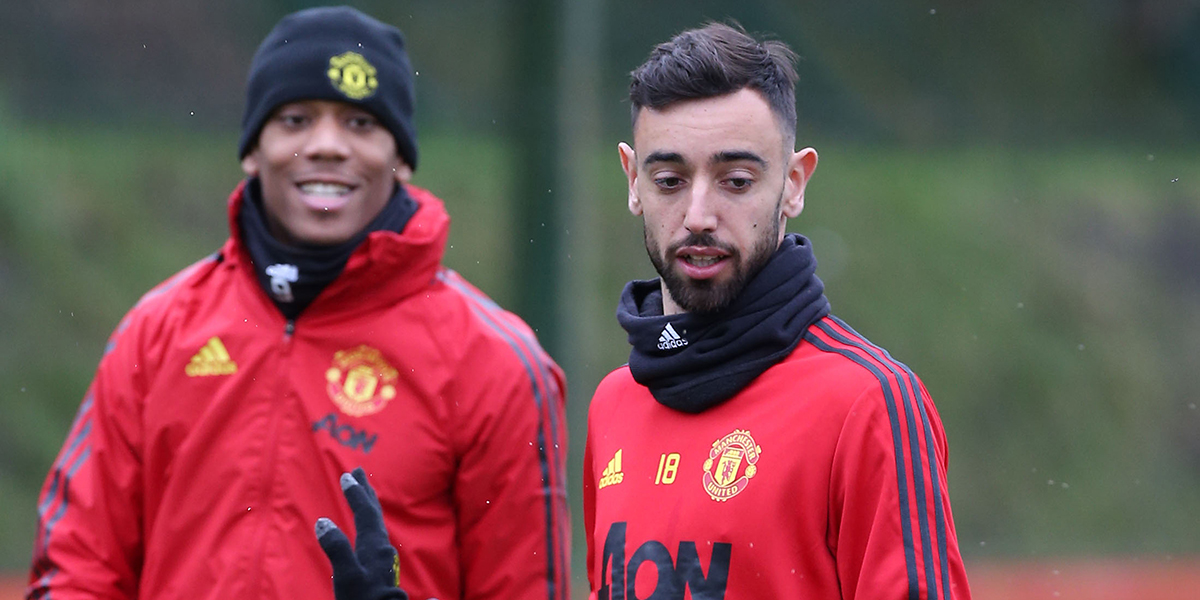
One of the many, many problems that have contributed to the recent downfall of Manchester United, is its ridiculously imbalanced and mismanaged wage structure.
No matter what your profession, be it a superstar footballer or a regular employee of a company, money is a massive motivational factor behind your everyday performance, and it should also reflect your contribution to your employer and fellow teammates.
Recent years have seen the United compile the most expensive wage bill in the country, totalling an astonishing £232 million last season and reportedly, the second most expensive in world football. This is simply unacceptable for a squad that has underperformed so much in recent years.
So why is paying extortionate wages a bad thing at one of the world’s richest football clubs? The answer is, it isn’t, provided that the club is performing on pitch, something United have clearly not been over the last seven years or so.

United ranked third in this year’s Deloitte Money League, with total revenue of £604 million across the 2018/19 campaign. It is clear the club can comfortably afford a substantial wage bill, but the pure cost regarding salaries is not the sole problem. The issue mainly resided with the imbalance and recklessness which salaries were paid to players.
The perfect example to highlight this within the club can be by comparing the salaries of Ander Herrera, one of the clubs most consistent performers in the post-Sir Alex Ferguson era, with that of Alexis Sanchez. Herrera was on a reported salary of £120,000 a week, Sanchez was just shy of triple that amount (£350,000).
It is no doubt that an unjustified imbalance such as this was a key factor in Herrera’s summer exit to Paris Saint-Germain after a tug of war over a contract extension, where United eventually decided to not meet the wage demands of the influential midfielder. Wage demands likely brought about due to those being paid to players contributing significantly less to the cause, such as Sanchez, to name but a few.
As United fell further and further adrift from the top of the table, the board tried to counteract this by implementing a Galactico-esque recruitment policy, paying over the odds in terms of transfer fees and wages, with no clear and concise financial and tactical structure to be seen to compliment these signings.
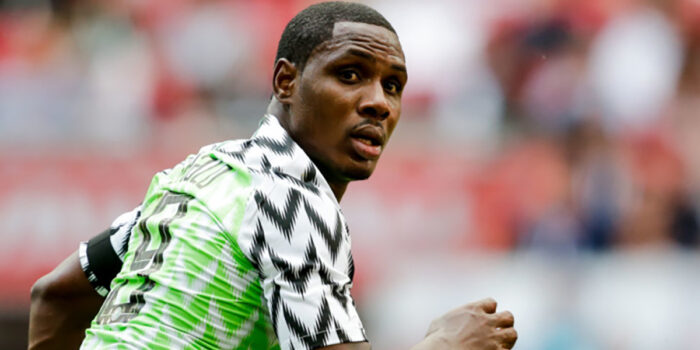
Players such as Angel Di Maria (£280,000), Radamel Falcao (£265,000) and even the new contract issued to a declining Wayne Rooney under David Moyes which saw his weekly income rise to £300,000 a week, further highlight the absurd and somewhat desperate recruitment policy that reiterate the above issue. The club was fast becoming a pit stop for players and agents a like to hold to ransom and take advantage of its envious financial strengths.
However, as the dust settles on the January window, the transfer activity points to a potentially positive shift in attitude. The deal to sign Portuguese playmaker Bruno Fernandes was eventually completed and United raised a few eyebrows after bringing in former Watford striker Odion Ighalo from Shanghai Shenhua on a six-month loan.
What United fans should be happy to see before either player steps foot on the pitch is the wages that the players representatives and the club have agreed upon. Fernandes is reported to earn £70,000 a week at Old Trafford, a relatively modest amount for a top Premier League side and a highly sought after playmaker.
Whilst the details have not yet been released for Ighalo’s wage package. The player himself stated how he was happy to take whatever wage cut was required to come to Old Trafford. Perhaps unsurprising as he was likely earning a substantial sum in China. However, a common factor is still evident across the two signings, a more prudent financial stance.
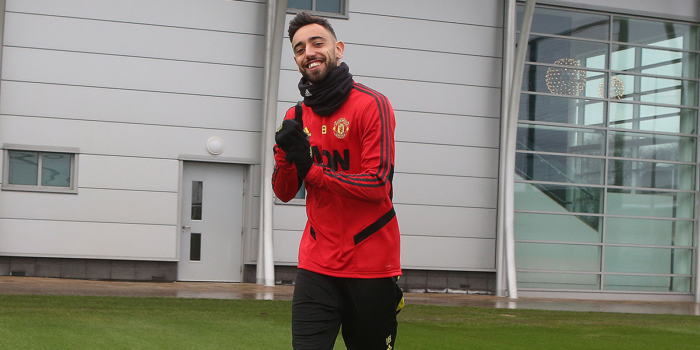
Some may suggest that these lower figures are as a result of United’s lack of Champions League football or the fact the club is not once what it was and its inability to attract top tier players. This point may carry some substance, but still, the fact remains that Manchester United have more than enough financial resources to lure players in on financial grounds, it would suggest they have simply decided not to, perhaps wisely after several years of failure on the pitch.
It would be naive to suggest that this alone is even nearly enough to propel the club forward, but it is rectifying one of the multitude of problems within the club. Something that United fans should not leave unnoticed.
If this stance continues and United can attract quality players with a more well rounded wage structure, such as that so clearly evident at Liverpool and Manchester City, coupled with the signings of four or five first team players which are desperately required also, things may start to take a turn for the better at Old Trafford. Disharmony such as that mentioned with Ander Herrera will hopefully subside, time will tell.
Written by Sean Kennedy
Discover more from MUFCLatest.com
Subscribe to get the latest posts sent to your email.


